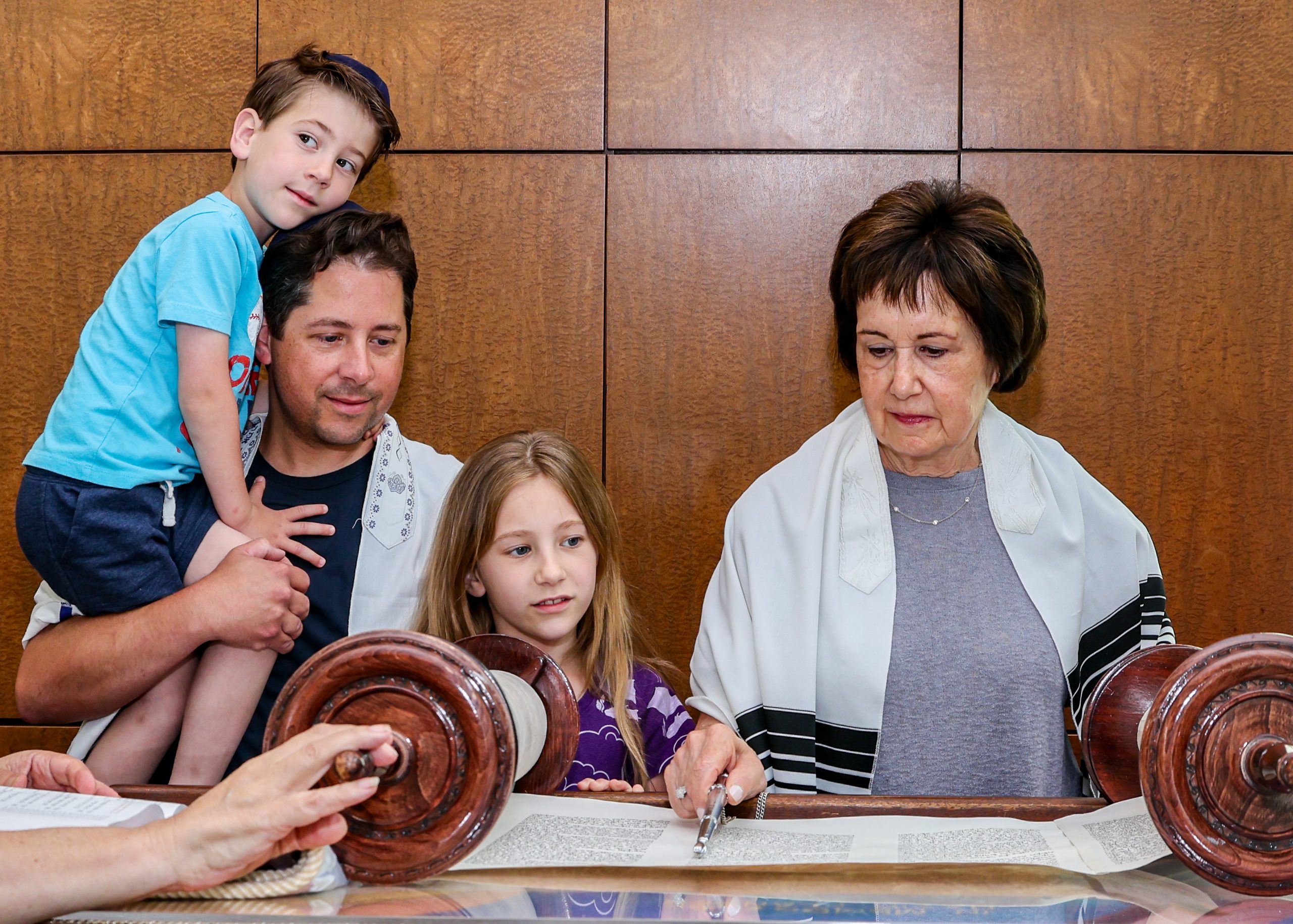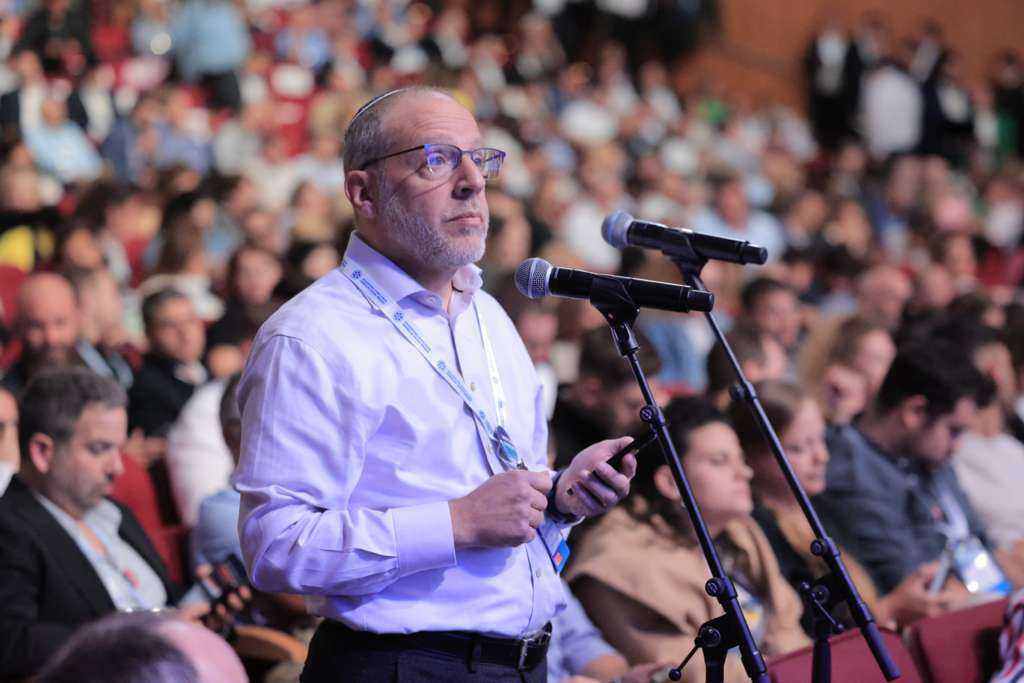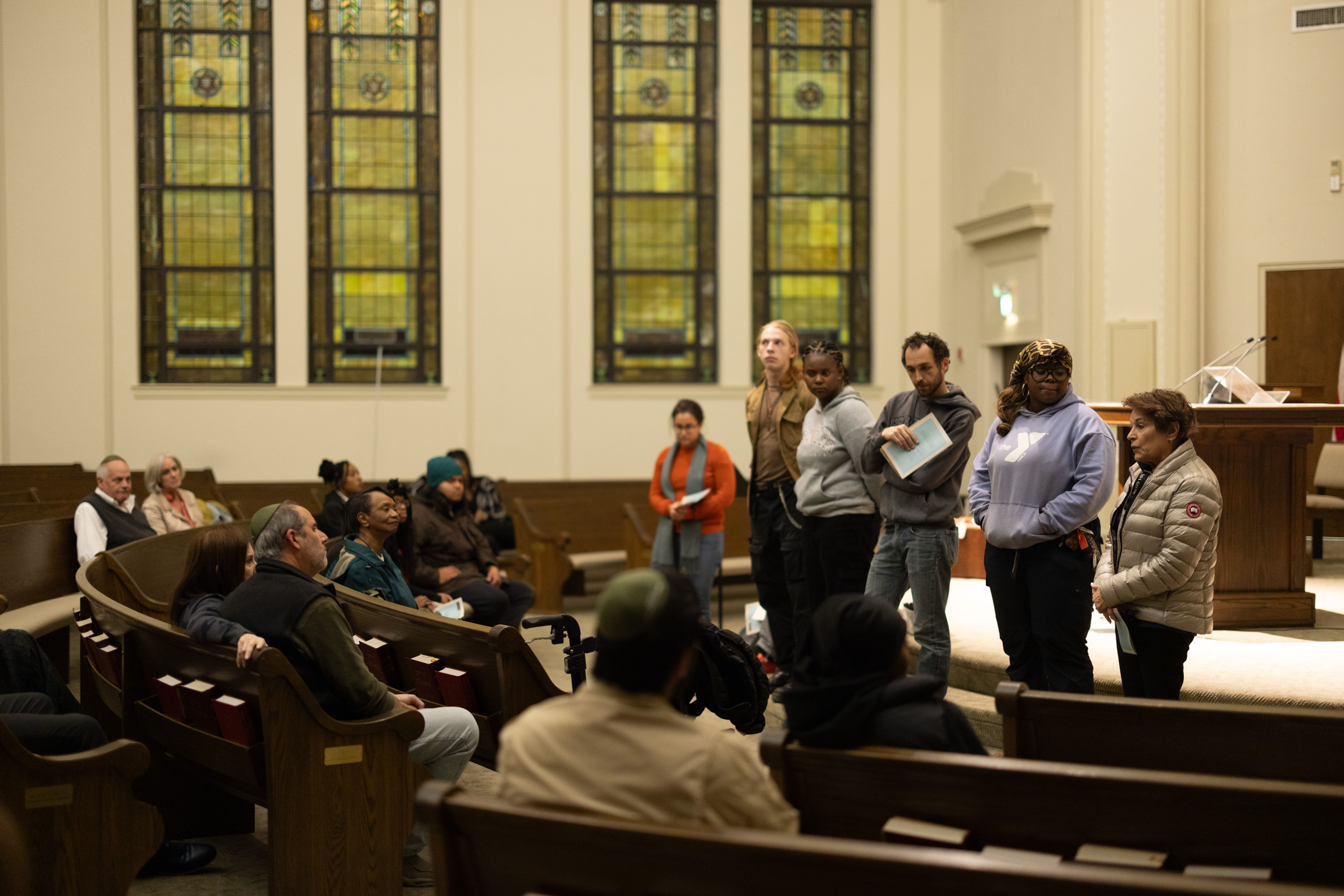
In 1958, domestic terrorists planted a satchel with dozens of dynamite sticks next to the eastern wall of Temple Beth El in Birmingham, Alabama. Luckily, it didn’t detonate – if it had, the entire building, including the new religious school wing, would have been demolished. Temple Beth El was just one of many Jewish institutions targeted across the South during the Civil Rights Movement due to their social justice actions.
In 2023, 65 years after the attempted bombing, Temple Beth El officially opened their Civil Rights Experience, a public program exploring the role and history of southern Jews during the Civil Rights Movement.
“We’re not trying to replace the existing narrative or center ourselves in the conversation,” said Margaret Norman, director of programming and engagement. “We’re just adding another lens of perspective, a nuance to a story that is much larger than us.”
The Civil Rights Experience at Temple Beth El is a docent-led program for groups of 10-90 guests. The program includes a short film, a tour of the neighborhood, an exploration of real-life “characters” from the time in their own words, and group reflections. The Civil Rights Experience aims for guests to depart with an inspiration to pursue advocacy on the causes meaningful to them, whatever they may be. Since the beta opening in 2021, Temple Beth El has welcomed over 1,500 people through the Experience, with hundreds more already booked.
“We really focused on the voices of the locals,” said Norman. “One of our amazing lay leaders, Suzanne Bearman, was a teenager here during that time. She has recorded her story for the Experience and been with us every step of the way.”
Planning such a large undertaking took commitment from the entire community. Temple Beth El sought input from congregation members as well as hired a historian and interns for the project. They combined deep intention with even deeper research to create a program that has become the shining jewel of their community.
“This couldn’t be a top-down initiative,” said Norman. “It really required a highly engaged group of lay leaders and the buy-in of the whole congregation. Not to mention the historians and the highly-dedicated cohort of docents.”
Not only have current members become more engaged, Norman said the project has transformed the community into a place of welcoming and inclusion. It has also led to many community collaborations and interfaith alliances. Most of their visitors are not Jewish, she said, but they often stay for services and meals, learning and connecting in a way they may have never experienced before.
“Birmingham as a city is majority Black, and Temple Beth El is majority Ashkenazi,” Norman said. “We knew we needed many more voices to tell the story. We could not have done this justice without the collaboration and support of the broader community.”
Norman encourages other congregations who would like to undertake racial justice initiatives to look beyond their own walls and consider diverse alliances within their local communities. Temple Beth El collaborated with historical societies, universities, and faith institutions during the project.
To that end, Temple Beth El is hosting a Civil Rights Shabbat on March 15-16, 2024 in partnership with the visiting Charlotte Black-Jewish Alliance. The student choir from Miles College, a local Historically Black College/University (HBCU), will be performing at Kabbalat Shabbat.
That’s not all – Temple Beth El has even more planned. They are working on establishing a private library with an emphasis on social justice materials as well as meeting spaces for community organizations.
“What I really want other congregations to know is this,” Norman said, “while every context is a bit different, this type of project can be done in any community. When you have lay leaders who are excited and honest and vulnerable, beautiful things can happen.”
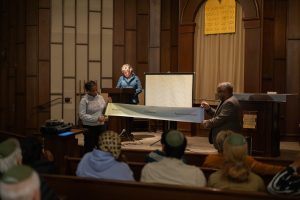
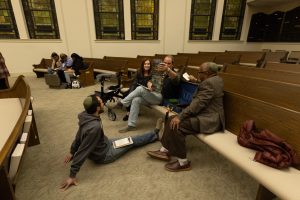
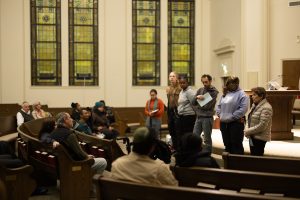
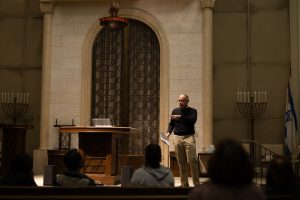
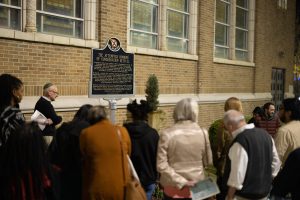
Editor’s Note: The Conservative/Masorti Movement is actively seeking members for the Movement-wide Social Justice Commission, which includes a working group for racial justice. Membership is open to any person affiliated with a Conservative/Masorti institution. Click here for more information or to become involved.



